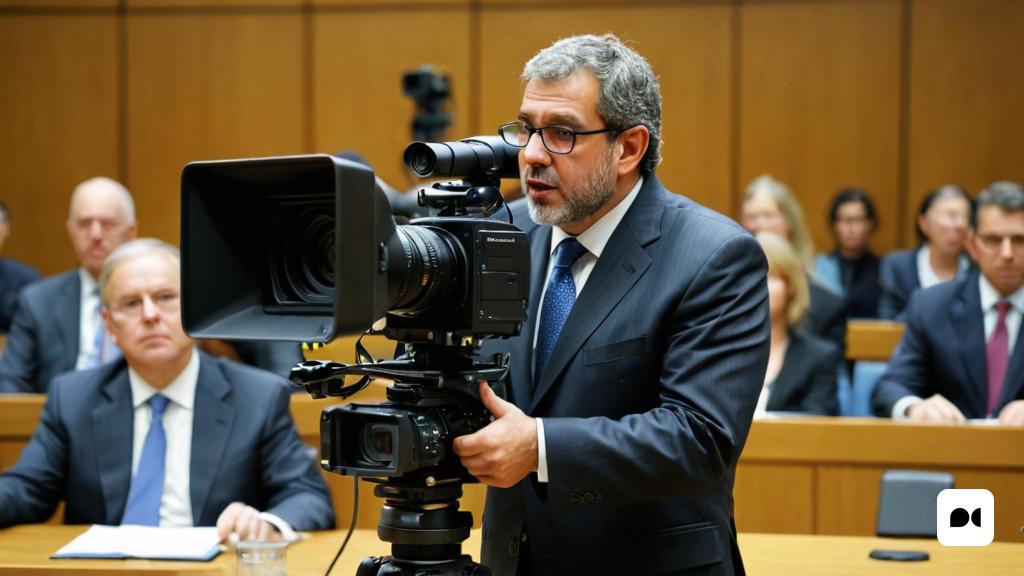Ruling of the European Court of Human Rights
The European Court of Human Rights (ECHR) has supported the decision of the Spanish authorities to close the case of the death of cameraman José Couso, who died in 2003 during the invasion of Iraq due to the impact of a missile fired by the US army. The appeal presented by David Couso, the victim’s brother, was unanimously dismissed by the seven judges in the chamber after all judicial avenues in Spain were exhausted.
Couso case history
The case was closed by the National Court in 2015, a decision that was confirmed in 2016 by the Supreme Court and in 2019 by the Constitutional Court. This closing process is part of reforms implemented in 2009 that limited the universal jurisdiction of Spanish courts, restricting their ability to investigate crimes committed outside Spain.
Context of the attack
José Couso was killed on 8 April 2003 in Baghdad when a US tank shell hit the Palestine Hotel, where several journalists were staying. This attack also caused the death of Ukrainian journalist Taras Protsyuk. Couso, who was seriously injured, later succumbed in hospital.
The response of the authorities
Following the family’s complaint, an investigation was opened that resulted in the indictment of three US soldiers for war crimes in 2011. Despite international arrest warrants, US authorities argued that their soldiers’ actions were carried out in self-defence, thus preventing their extradition to Spain and at the same time refusing to initiate a trial on their territory.
Justification of reforms in justice
The ECHR has ruled that Spain’s reforms to limit its legal action in international cases are justified, pointing to the need to reduce the burden on courts and the complications inherent in obtaining evidence in an international setting.
The impact on the Couso case
The ECHR judges concluded that there was no lack of action on the part of the Spanish courts, dismissing the family’s claims. Despite efforts between 2003 and 2015 to determine culpability in the incident, the lack of cooperation from the United States meant that Spain was unable to move forward with the process, as its legislation does not allow for trials in absentia.
Reflections on the right to justice
The Court stated that, despite the limitations imposed by the reforms, David Couso’s right to access justice was not violated, as the reforms did not constitute a violation of the European Convention on Human Rights. The ECHR ruling thus reiterates the challenges faced by judicial systems in the context of international jurisdictions and the rights of victims.

